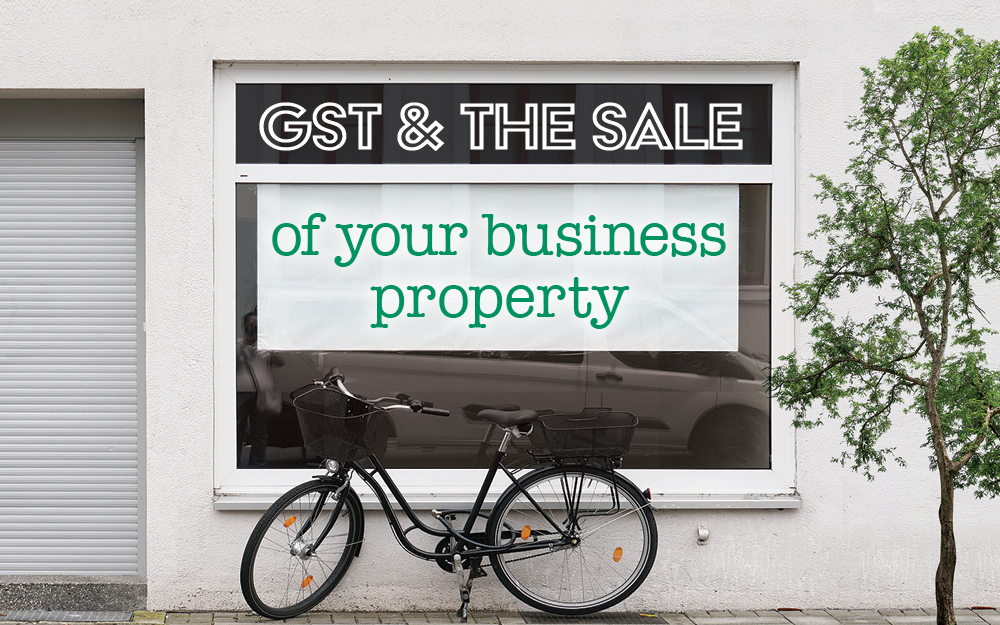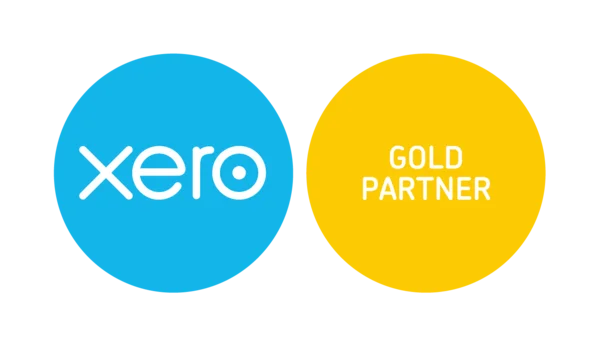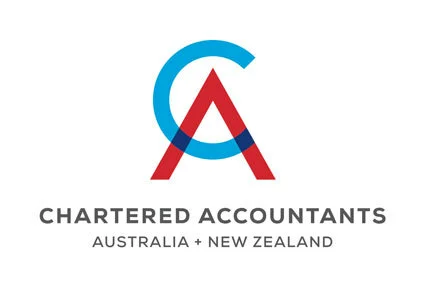GST and the Sale of your Business Property

Selling your business property is a big decision and it’s easy to focus on the sale price, but this can be a costly error.
Many owners forget to factor GST into their thinking. But if you do, you could find yourself left with a big tax bill to pay.
There are also valuable opportunities to claim GST credits on your transaction costs, so it’s important to retain all your paperwork in order to satisfy the ATO when tax time rolls around.
GST and commercial property
In general, if you sell business property such as a shop or factory and are registered – or required to be registered – for GST, you must apply GST to the sale amount and include it in your business activity statement (BAS). For example, if you sell an office suite for $1,100,000 (GST inclusive), you need to pay $100,000 to the ATO for GST.
If you are unregistered but liable for GST and fail to make your sales price GST inclusive, you will be forced to pay the GST liability from your own pocket.
As a vendor, you can claim GST credits on any costs involved in selling your business property, such as the GST included in the fees you pay to your real estate agent. If there are settlement adjustments for costs such as council and water rates when you sell, these must be included in your BAS.
The eligibility rules for claiming your credits include that: • GST was paid at settlement,
-
- Both you and the purchaser are GST registered,
- Tax invoices are available for the goods and services you are claiming, and
- Your deduction claim is lodged within four years.
Going concern sales
One way around the GST requirement is if you sell your enterprise and business property as a ‘going concern‘. These sales are GST-free, but to qualify the ATO will require the business to continue operating into the foreseeable future and be appropriately resourced.
To be eligible for this concession, the business sale must be for payment, the purchaser must be registered for GST, and both you and the purchaser must agree in writing the sale is for a ‘going concern’.
In this situation, although there is no GST liability on the sale, both you and the purchaser may be able to claim GST credits on any related expenses.
It’s worth noting that in a going concern sale, a purchaser may pay less stamp duty, as this is normally calculated on the GST-free price, rather than GST-inclusive price.
Using a margin scheme
If you are eligible, you may also be able to use a margin scheme to reduce the amount of GST owed on your property sale.
Under the margin scheme, the 10 per cent GST payable on the sale amount is calculated on the sale margin (which is usually the sale price less the amount for which the property was originally purchased), rather than the full sale price.
Although it can be worthwhile using the margin scheme, the rules around eligibility are complex, so talk to us before reaching an agreement with your purchaser.
If you are considering trying to avoid the GST issue, remember the ATO regularly receives data relating to purchases and sales of properties around Australia and matches this against activity statements. If you fail to report a sale in your BAS, the ATO will likely catch you out.
Tools to help
To make things a little easier for vendors, the ATO has a GST property decision tool that helps determine the GST implications of property-related transactions.
The online tool asks a series of questions to work out the GST classification of a property transaction and establish eligibility for the margin scheme.
The ATO’s property decision tool requires you to enter information on the date you acquired the property, planned settlement date, amount you paid to acquire the property, past transactions for the property and whether GST was applied, and whether you are registered for GST.
Call Scott Partners if you are planning to sell a business property and would like to know more about the GST implications.







